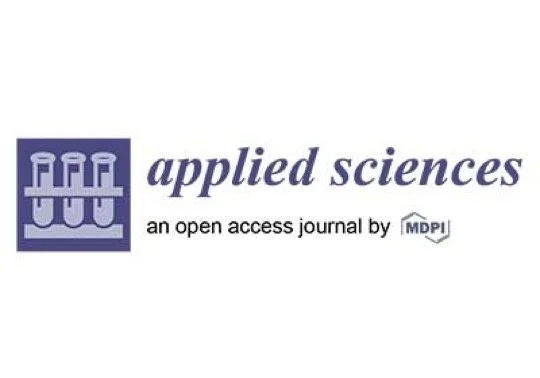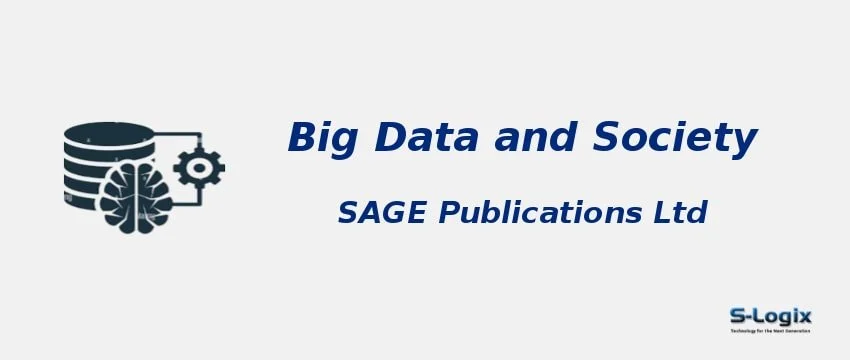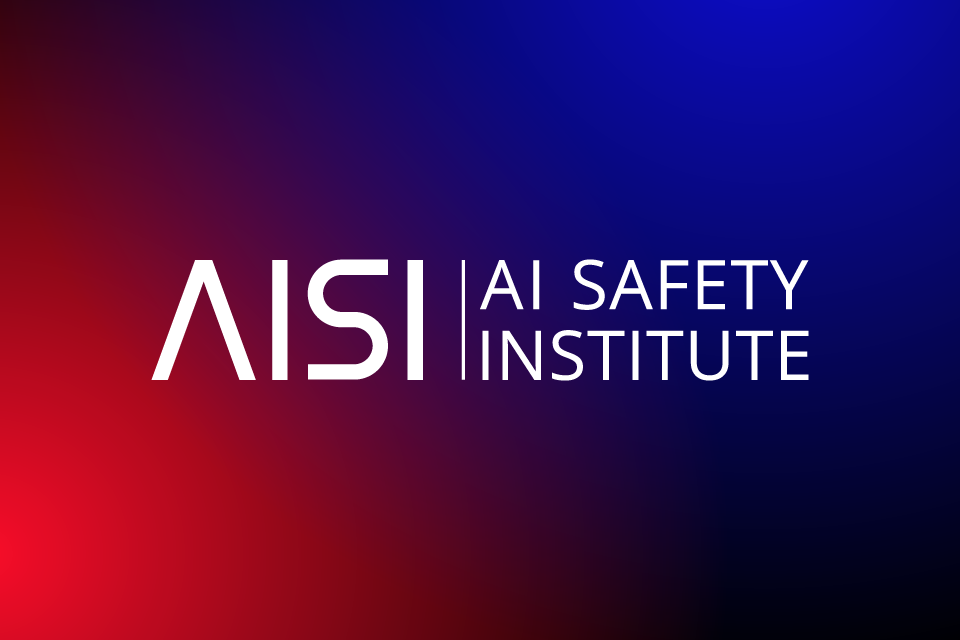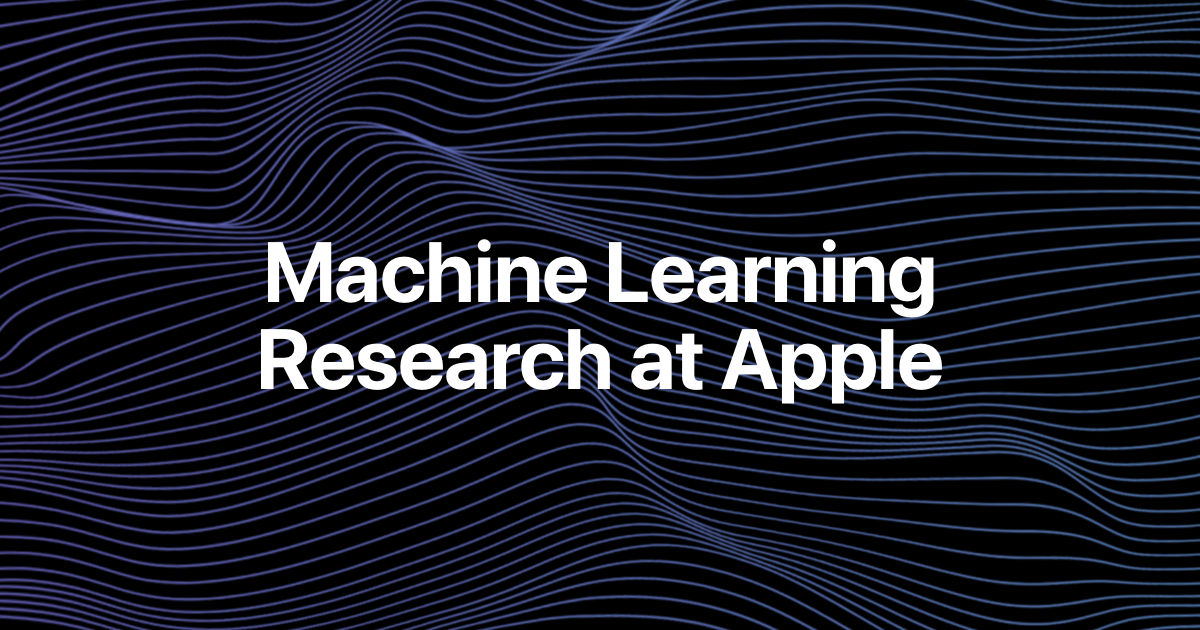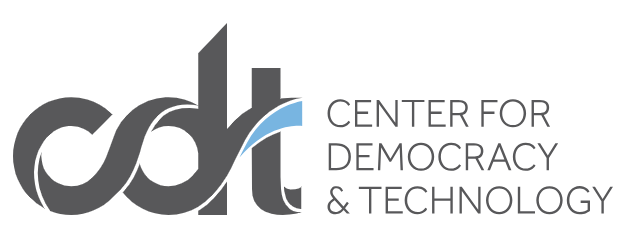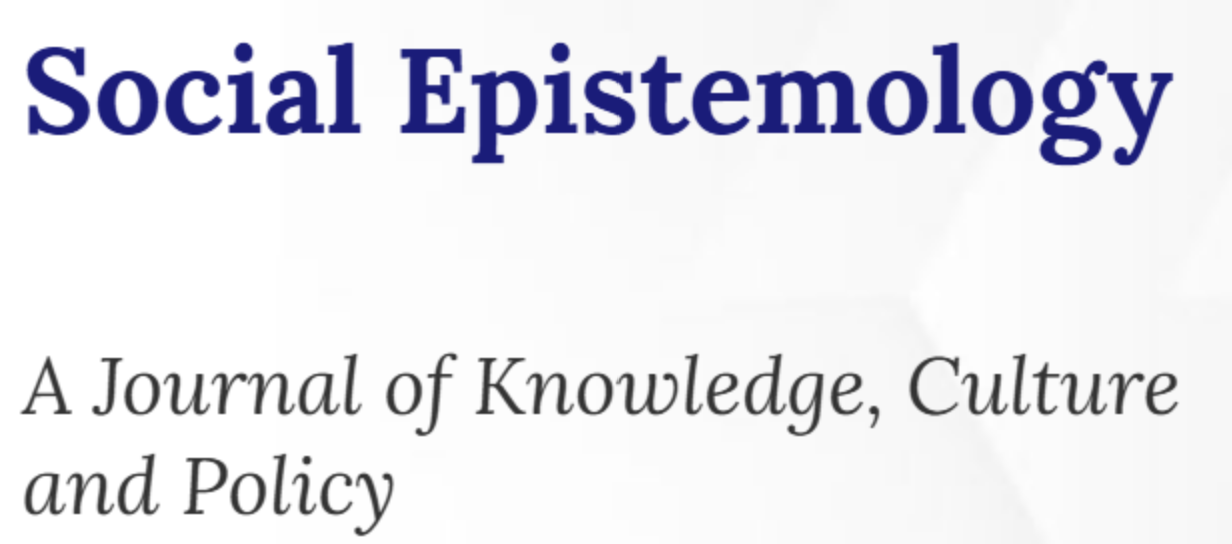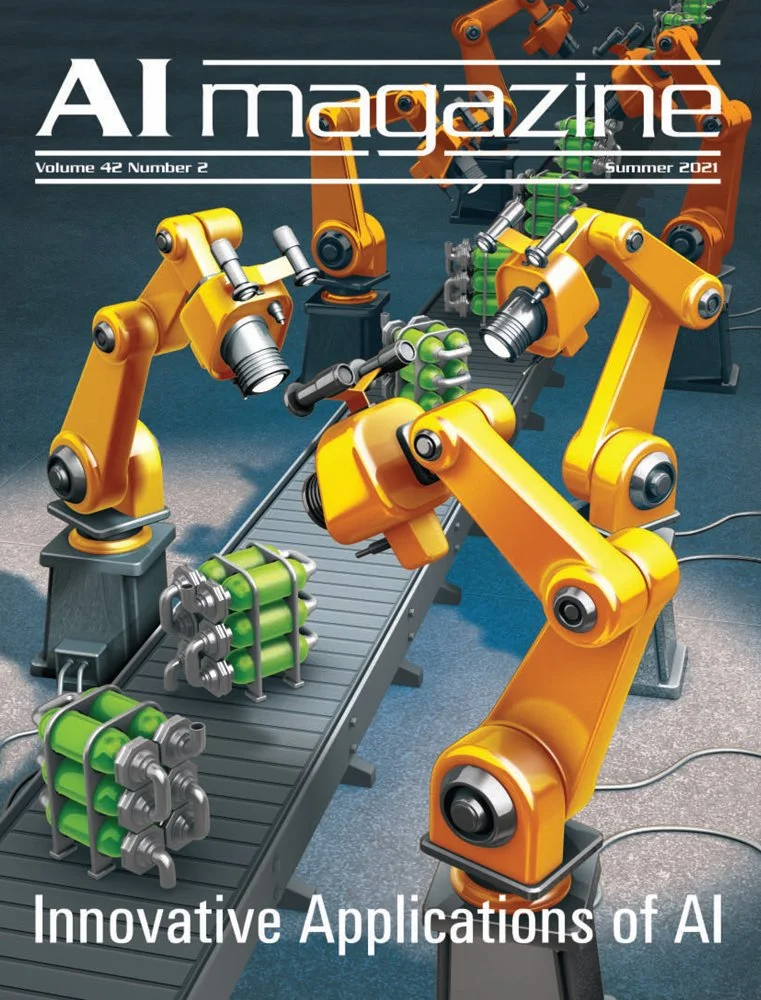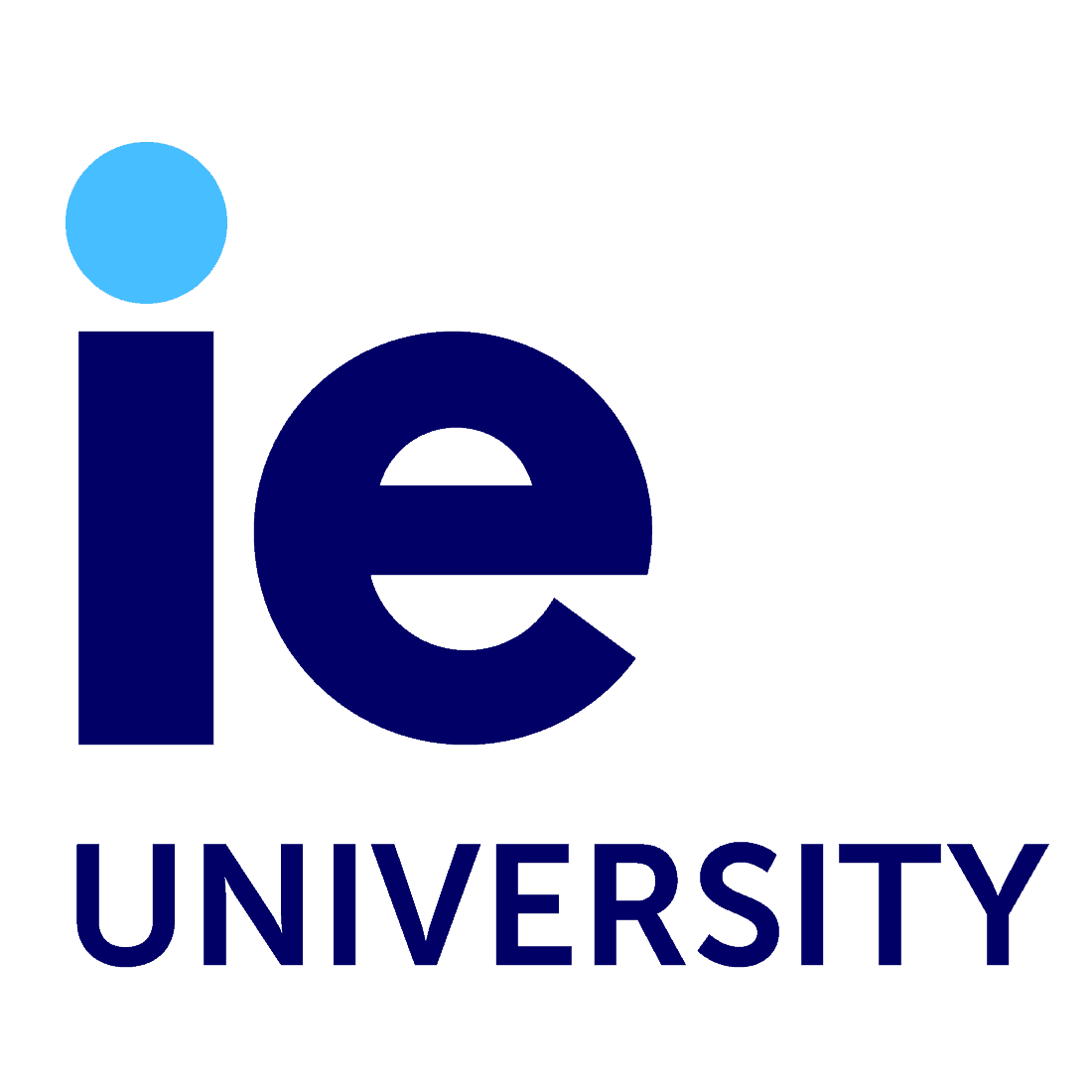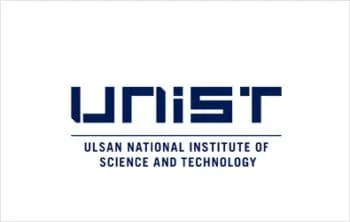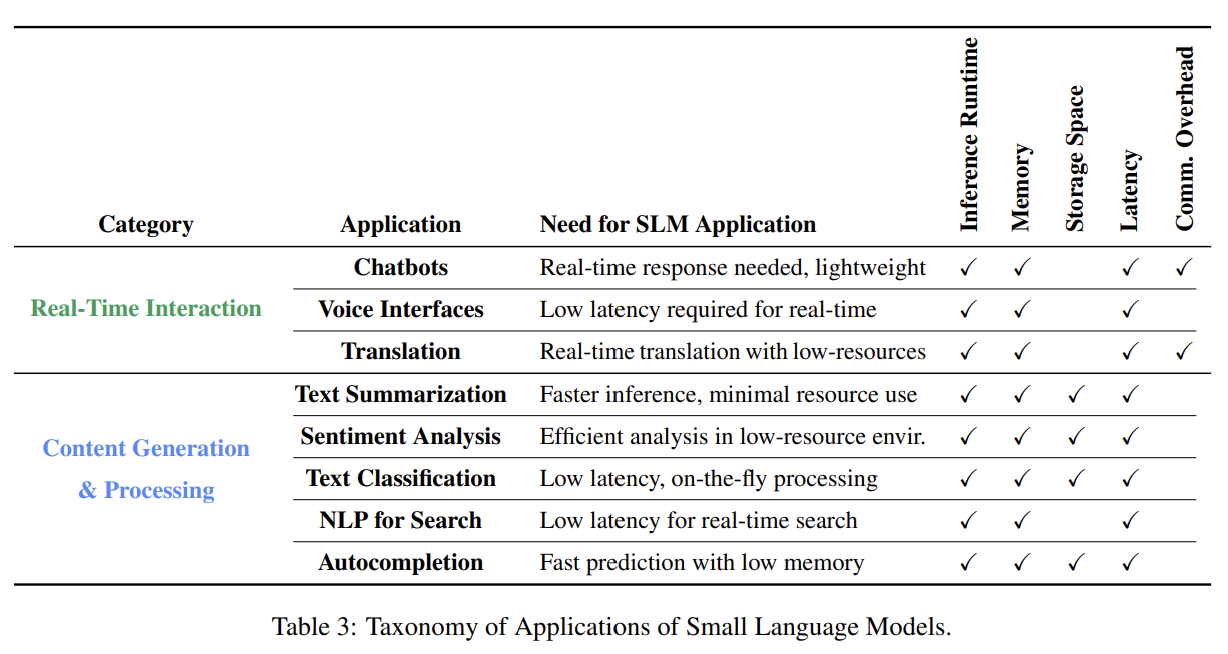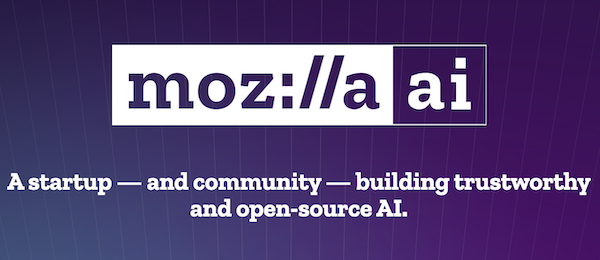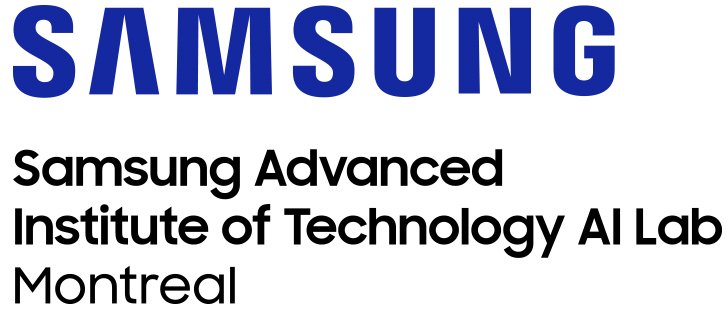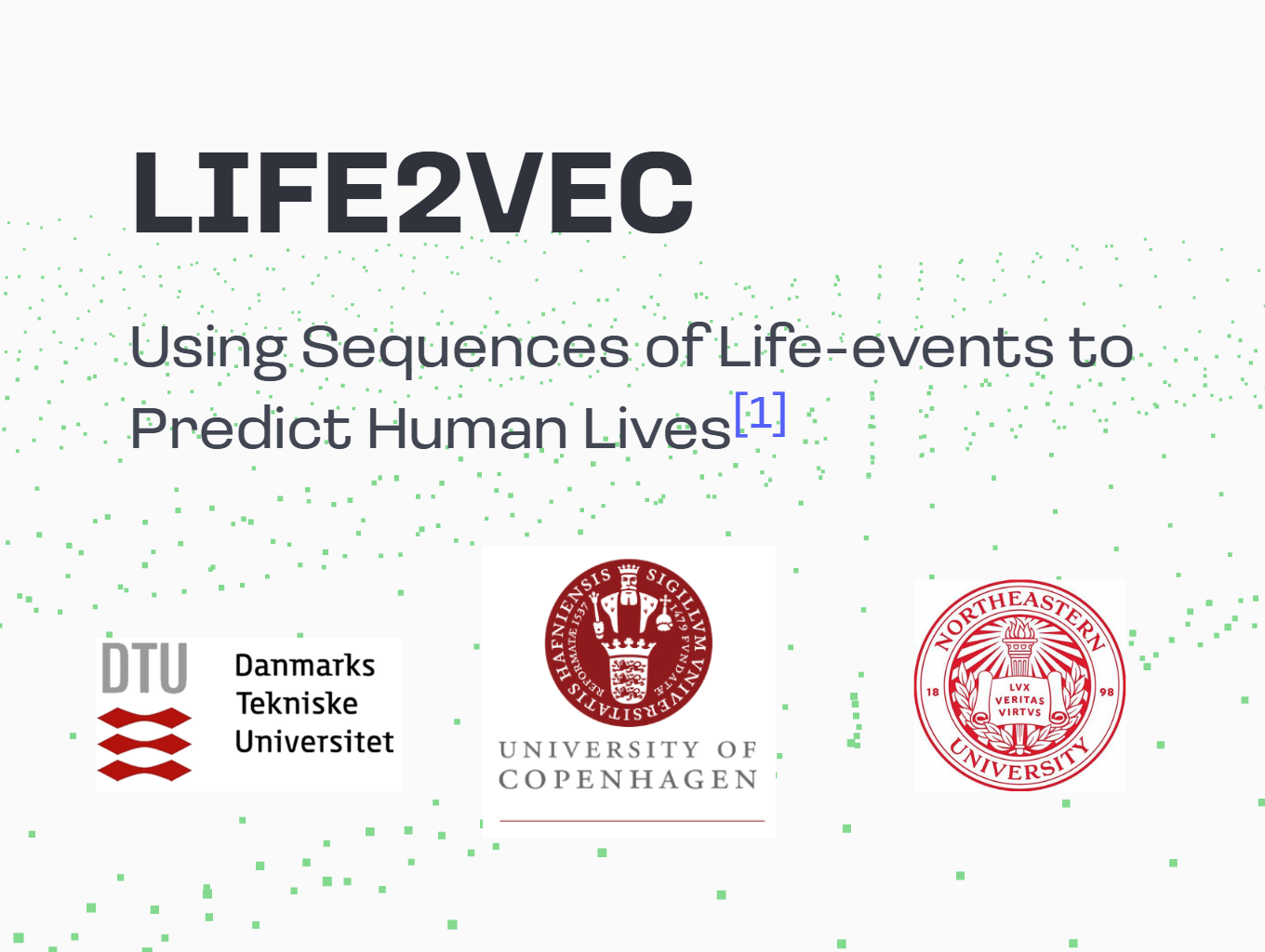
AI Academic Papers
Always a work in progress…
Frontier AI research to highlight model behavior, AI risks, developments and societal impacts. This can be anything from model testing and novel combination of Machine Learning and Deeplearning, as well as privacy, cyber, and data frameworks.
AI Societal Impacts
-
![Copenhagen University logo]()
Impact of AI on science
How do scientists use the AI models in their work, and what impact will AI have on the scientific community?
-
![Sage journals online logo]()
AI & Democracy
Artificial Intelligence and Democracy: A Conceptual Framework
For better monitoring of AI’s impact on democracy in an interdisciplinary effort by computer and social scientists.
-
![applied sciences journal]()
Democratizing AI
This paper provides an overview of AI’s historical context and evolution, emphasizing the concept of AI democratization. Current trends shaping AI democratization are analyzed, highlighting key challenges and opportunities.
-
![HAI Stanford University AI]()
Social Values in Al
Can we design artificial intelligence (AI) systems that rank our social media feeds to consider democratic values such as mitigating partisan animosity as part of their objective functions?
-
![]()
GenAI Misuse
New research analyzes the misuse of multimodal generative AI today, in order to help build safer and more responsible technologies (2024)
-
![]()
Modeling Human- AI teaming
The model is created to guide the prioritization of ethics in human-AI teaming by outlining the ethical teaming process, outcomes of ethical teams, and external requirements necessary to ensure ethical human-AI teams.
-
![Big Data and Society Sage Journal]()
AI as planetary assemblages of coloniality
Description g. Our post-colonial framework unpacks AI through its (1) global, (2) meso, and (3) local layers, and further dissects how these layers are vertically integrated, each with its horizontal dependenciesoes here
-
![Microsoft Research]()
The Impact of GenAI on Critical Thinking
The research is based on a survey of 319 knowledge workers across various professions, who provided 936 real-world examples of how they use GenAI in their work.
-
![]()
The Ethics of AI Value Chains
Building upon the findings of our integrative review, we recommend four future directions that researchers, practitioners, and policymakers can take to advance more ethical practices of AI development and use across AI value chains.
-
![EDPD]()
Privacy Risks & Mitigations (LLMs)
Has use cases examples on the application of the risk management framework in real-world scenarios:
-
![MIT Massachusetts institute of technlogy logo]()
Your Brain on ChatGPT
This study explores the neural and behavioral consequences of LLM-assisted essay writing. Results show cognitive debt in neural, linguistic, and behavioral levels in overreliance of LLMs.
-
![Sage Journal]()
The Memory Paradox
Drawing on insights from neuroscience, cognitive psychology, and learning theory, we explain how underuse of the brain’s declarative and procedural memory systems undermines reasoning, impedes learning, and diminishes productivity.
-
![]()
AI ‘Scheming’
We examine recent research that asks whether current AI systems may be developing a capacity for ‘scheming’ (covertly and strategically pursuing misaligned goals).
-
![]()
Technology on Culture and Society
This study underscores the dual nature of technological influence: while it fosters cultural enrichment and connectivity, it also poses risks to cultural diversity and equity.
-
![StandfordUNI LOGO]()
Canaries in the Coal Mine?
This paper examines changes in the labor market for occupations exposed to generative artificial intelligence using high-frequency administrative data from the largest payroll software provider in the United States. We present six facts that characterize these shifts.
-
![MIT logo]()
An AI-Powered Framework for Analyzing Collective Idea Evolution in Deliberative Assemblies
Our methods contribute novel empirical insights into deliberative processes and demonstrate how LLMs can surface high-resolution dynamics otherwise invisible in traditional assembly outputs.
-
![]()
How Culture Shapes What People Want from AI
Stanford researchers explore how to build culturally inclusive and equitable AI by offering initial empirical evidence on cultural variations in people’s ideal preferences about AI.
-
![Columbia University]()
CULTURAL FIDELITY IN LARGE-LANGUAGE MODELS
AN EVALUATION OF ONLINE LANGUAGE RESOURCES AS A DRIVER OF MODEL PERFORMANCE IN VALUE REPRESENTATION
-
![]()
AI models that lie, cheat and plot murder
Tests of large language models reveal that they can behave in deceptive and potentially harmful ways. What does this mean for the future?
-
![Nature journal]()
Humans inherit artificial intelligence biases
Participants' responses mimicked AI bias even when the AI was no longer making suggestions. These results provide evidence of human inheritance of AI bias.
-
![MDPI Open Journal]()
AI for Financial Accountability and Governance in the Public Sector
The study reveals that AI-driven solutions such as predictive analytics, fraud detection systems, and automated reporting significantly improve operational efficiency, transparency, and decision making
-
![MIT logo]()
AI Analyzing Collective Idea Evolution in Deliberative Assemblies
They develop LLM based methodologies for empirically analyzing transcripts from a tech-enhanced in-person deliberative assembly.
-
![MIT Logo]()
AI Value Alignment in Collaborative Ideation
Impact on effects on Perception, Ownership, and Output
-
![]()
Persuading voters using human–AI dialogues
Examining the persuasion strategies used by the models indicates that they persuade with relevant facts and evidence, rather than using sophisticated psychological persuasion techniques. Not all facts and evidence presented, however, were accurate;
-
Rethinking AI cultural alignment
We then use a GPT-4o case study to demonstrate that AI systems’ cultural alignment depends on how humans structure their interactions with the system. Drawing on these findings, we argue that cultural alignment should be reframed as a bidirectional process
AI Limitations
-
![Apple ML Research]()
The Illusion of Thinking
Understanding the Strengths and Limitations of Reasoning Models via the Lens of Problem Complexity
-
![]()
The Impact of GenAI on Critical Thinking
Self-Reported Reductions in Cognitive Effort and Confidence Effects
-
![]()
Impacts of AI in Communication and Social
Randomized experiments provide evidence that these types of algorithmic recommender systems change how people interact with and perceive one another in both pro-social and anti-social ways.
-
![]()
Towards trustworthy LLMs
This paper provides a synthesis of current research trends and suggests potential directions for future research to address bias and hallucination in LLMs, considering the ongoing challenges in this field.
-
![Nature Journal logo]()
AI model collapse when trained on generated data
We demonstrate that it must be taken seriously if we are to sustain the benefits of training from large-scale data scraped from the web.
-
![University ofArtificial Intelligence, Abu Dhabi, UAE]()
LLM on Climate Change & Mental Health
On the reliability of Large Language Models to misinformed and demographically informed prompts
-
![Center for Democracy and Technology]()
Investigating Content Moderation Systems in the Global South
How do content moderation systems across various platforms operate in indigenous and other language contexts of the Global South?
-
![SpringerNature]()
P(doom) Versus AI Optimism
In this study, we investigated perceptions and attitudes toward AI’s impact on the self and on society in the USA. We studied how those perceptions and attitudes were affected by a brief exposure to a popular conversational chatbot.
-
![Social epistemology journal]()
AI and Epistemic Agency
How AI Influences Belief Revision and Its Normative Implications
-
![]()
CULTURAL FIDELITY IN LARGE-LANGUAGE MODELS
AN EVALUATION OF ONLINE LANGUAGE RESOURCES AS A DRIVER OF MODEL PERFORMANCE IN VALUE REPRESENTATION
-
![Apollo research]()
The Loss of Control Playbook
Loss of Control (LoC) in AI systems by developing a novel taxonomy and preparedness framework
-
![Stanford University logo]()
Sycophantic AI
Sycophantic AI Decreases Prosocial Intentions and Promotes Dependence
-
![University of Sydney Australia]()
Culturally responsive AI chatbots
This paper introduces the Culturally Responsive Artificial Intelligence (Chatbot) Framework (CRAIF-C), a practical, modular approach to building AI chatbots that understand and respect cultural diversity. CRAIF-C is novel in that it operationalises cultural responsiveness across the entire AI lifecycle, combining domain-specific technical methods with validated measurement tools and multi-context empirical testing.
AI Multi-agents
-
![]()
STEVE-2 Framework
Pre-Print
Do We Really Need a Complex Agent System? Distill Embodied Agent into a Single Model
-
![]()
Self learning agents
Feedback-Based Self-Learning in Large-Scale Conversational AI Agents
Published in AI Magazine -
![]()
Mixture-of-Agents (MoA) methodology
Layered MoA architecture wherein each layer comprises multiple LLM agents.
-
![]()
ChatEval: Debate
Multi-agent referee team called ChatEval to autonomously discuss and evaluate the quality of generated responses from different models
-
![Swarm and computations]()
Swarm Intelligence
Swarm Intelligence and cyber-physical systems: Concepts, challenges and future trends
-
![]()
Curiousity Driven Learning (CDL)
From Psychological Curiosity to Artificial Curiosity: Curiosity-Driven Learning in Artificial Intelligence Tasks
-
![]()
Knowledge Graphs RAG
KG-RAG: Bridging the Gap Between Knowledge and Creativity
-
![Springer open access]()
Evolution of GenAI
Unveiling the evolution of generative AI (GAI): a comprehensive and investigative analysis toward LLM models (2021–2024) and beyond
-
![]()
Simulating Human Behavior with AI Agents
This architecture underscores the benefits of using generative agents as a research tool to glean new insights into real-world individual behavior.
-
![Duke Univeristy Logo]()
Mixture-of-Agents (MOA) Framework
They propose a new approach that leverages the collective strengths of multiple LLMs through a Mixture-of-Agents (MoA) methodology.
-
![]()
PRISM
PRIVACY-PRESERVING IMPROVED STOCHASTIC MASKING FOR FEDERATED GENERATIVE MODELS
-
![ARXIV]()
Agent Name Service (ANS)
A Universal Directory for Secure AI Agent Discovery and Interoperability
SLMs / RAG
-
![]()
A Survey of SLMs
Our survey aims to serve as a valuable resource for researchers and practitioners interested in developing and deploying small yet efficient language models.
-
![]()
Developer Support
Unveiling the Potential of a Conversational Agent in Developer Support
-
![]()
RAFT
Gorllia LLM Open source: RAFT: Adapting Language Model to Domain Specific RAG
-
![Newyork University Logo]()
Entropy-Guided Attention for Private LLMs
Our study bridges the gap between information theory and architectural design, establishing entropy dynamics as a principled guide for developing efficient PI architectures.
-
![Samsung SAIL Montreal]()
Less is More: Recursive Reasoning with Tiny Networks
We propose Tiny Recursive Model (TRM), a much simpler recursive reasoning approach that achieves significantly higher generalization than HRM, while using a single tiny network with only 2 layers.
-
![Standford logo]()
Intelligence per Watt
Measuring Intelligence Efficiency of Local AI
AI in Healthcare
-
![]()
Life2Vec
Our framework allows researchers to discover potential mechanisms that impact life outcomes as well as the associated possibilities for personalized interventions.
-
![]()
AI in EMG
Automated interpretation of electromyography using artificial intelligence to improve diagnosis in neuromuscular disorders
-
![]()
OPI-AID
OPI•AID - Pioneering personalized perioperative pain management. Potentials to improve the quality of surgical procedures with targeted opioid doses for less pain and opioid-related side effects.
-
![]()
CASP14
Critical Assessment of protein Structure Prediction (CASP14). Highly accurate protein structure prediction with AlphaFold
-
![]()
Heatlh data (USA)
Advancing the Framework: Use of Health Data—A Report of a Working Conference of the American Medical Informatics Association
-
![RAND REPORT Digital Health]()
Equity in Health Tech
This paper offers approaches to policymakers, implementation scientists, clinical scientists, government regulatory bodies, and those working in the health and digital technology fields to take the lead in centering equity.
-
![Ethical Bias in ML]()
Ethical Bias in ML
This review will discuss the relevant ethical and bias considerations in AI-ML specifically within the pathology and medical domains
AI in Human Resource Management (HR)
-
![Standford HAI]()
Psychosocial Impacts
Intersectional Biases in Generative Language Models and Their Psychosocial Impacts
-
![Oxford Artififical Intelligence Society]()
Bias Out-of-the-Box
Bias Out-of-the-Box: An Empirical Analysis of Intersectional Occupational Biases in Popular Generative Language Models
-
![]()
Leadership in AI Terminology
The study addresses the current state of “AI anomia”—the collective inability to name AI-related tools
-
![Washington University]()
Gender, Race, and Intersectional Bias in Resume Screening
They investigate the possibilities of using LLMs in a resume screening setting via a document retrieval framework that simulates job candidate selection. Using that framework, we then perform a resume audit study to determine whether a selection of Massive Text Embedding (MTE) models are biased in resume screening scenarios.
-
![Duke University emblem Logo]()
Trade-offs in GenAI
From Model Design to Organizational Design: Complexity Redistribution and Trade-Offs in Generative AI
AI in Education
-
![]()
Digital equity and inclusion in education
It highlights the importance of inclusive design and implementation of digital technologies
-
![]()
Artificial intelligence in education (AIED)
Artificial intelligence in education: A systematic literature review - ScienceDirect
-
![Standford logo]()
Tutor CoPilot
Tutor CoPilot demonstrates how Human-AI systems can scale expertise in real-world domains, bridge gaps in skills and create a future where high-quality education is accessible to all students.
-
![Sage Journals]()
Personalized Learning School Models
Ahead of the Curve: Implementation Challenges in Personalized Learning School Models
-
![American Psychological Association]()
HCTA Halpern Critical Thinking Assessment
A recent study of 666 participants reveals a troubling connection: the more people use AI tools, the worse they perform on critical thinking tests. The impact appears strongest among young users.
OP-ED : https://the-decoder.com/frequent-ai-use-linked-to-lower-critical-thinking-scores-research-shows/ -
![]()
Whole-Person Education for AI Engineers
This autoethnographic study explores the need for interdisciplinary education spanning both technical and philosophical skillsn goes here
-
![]()
Profiled Dropout At Risk (PDAR)
The dropout risk early detection system can be used in any online learning environment
-
![Rabound University Netherlands]()
Critical AI Literacies (CAILs)
We present a selection of CAILs across research and education across dimensions: conceptual clarity, critical thinking, decoloniality, respecting expertise, and slow science.
About Semantic Scholar
Helping Scholars Discover New Insights
Semantic Scholar provides free, AI-driven search and discovery tools, and open resources for the global research community.
We index over 200 million academic papers sourced from publisher partnerships, data providers, and web crawls.
Spread the Word
Please let us know of great tools to add to our repository we should promote, other initiatives around the world we can learn from and expert consultants to work with. Please contact us if you want a partnership to help build a collaborative AI Future.


